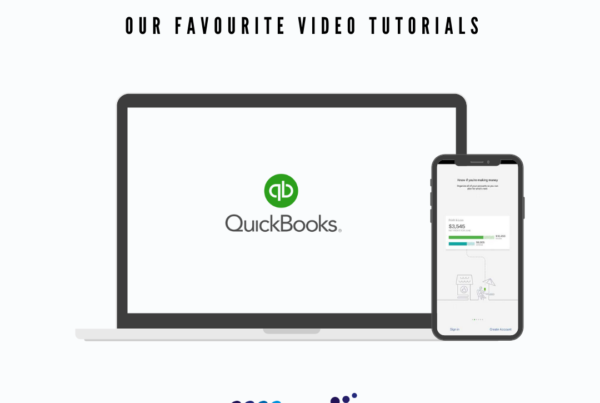Making use of statutory exemptions for certain benefits-in-kind offers an opportunity to extract funds from a family company without triggering a tax charge. Interested? Read on…
The essential point to note is that in order to make these tax savings, the benefit itself (rather than the funds with which to buy the benefit) must be provided.
Mobiles
No tax charge arises where an employer provides an employee with a mobile phone, irrespective of the level of private use. The exemption applies to one phone per employee.
A taxable benefit will however, arise if the employer meets the employee’s private bill for a mobile phone or if top-up vouchers are provided which can be used on any phone
Example
Dave and Sally Smith are directors of their family-owned company. Their two children (who were never given names, sadly) also work for the company. The company takes out a contract for four mobile phones and provides each member of the family with a phone. The bills are paid directly to the phone provider by the company. Therefore the cost of these bills can be deducted from the company’s taxable profit. Each family member also receives the use of a phone tax-free, so there’s no need to fund one from their own post-tax-income-filled pockets.
Pension contributions
Pensions remain a particularly tax-efficient form of savings since nearly everyone is entitled to receive relief on contributions up to an annual maximum regardless of whether they pay tax or not. The maximum amount on which a non-taxpayer can currently receive basic rate tax relief is £3,600. Still, a few grand ain’t bad is it?
What this means is that an individual can pay in £2,880 a year, but £3,600 will be the actual amount invested by the pension provider. Higher amounts may be invested, but tax relief will not be given on the excess. Any tax relief received from HMRC on excess contributions may have to be repaid, so it’s important to get this right in the first place.
Pension contributions paid by a company in respect of its directors or employees are allowable unless there is an identifiable non-trade purpose.
Too much jargon? Okay, sorry. What I mean is that if the company makes pension contributions which relate to a director who owns more than 20% of the company’s share capital – or even an employee who is a relative or close friend of such a director – then these contributions may be queried by HMRC. In order to establish whether a payment is for the purposes of the trade, HMRC will examine the company’s intentions in making the payment.
Pension contributions will be viewed in the light of the overall remuneration package and if the level of the package is excessive for the value of the work undertaken, the contributions may be disallowed. However, HMRC will generally accept that contributions are paid ‘wholly and exclusively for the purposes of the trade’ in cases where the remuneration package paid is comparable with the amount being paid to unconnected employees who perform duties of a similar value.
Other tax-free benefits
Subject to certain conditions being satisfied, other tax-free benefits that a family company may consider include:
- bicycles or bicycle safety equipment for travel to work
- gifts not costing more than £250 per year from any one donor
- Christmas and other parties, dinners, etc, provided the total cost to the employer for each person attending is not more than £150 a year
- one health screening and one medical check-up per employee, per year
- the first £500 worth of pensions advice provided to an employee (including former and prospective employees) in a tax year
- medical treatments recommended by employer-arranged occupational health services. The exemption is subject to an annual cap of £500 per employee
- Employing family members, and providing them tax-free benefits, often enables a family-owned company to take advantage of the lower tax rates, personal allowances and exemptions that may be available to a spouse, civil partner, or children. In turn, this arrangement can help reduce the household’s overall tax bill.
Hopefully this quick blog has given you some insight into a few of the ways you can optimize tax-free benefits for your family company. As always, we advise consulting a professional; every individual case is unique.
Why not book a free consultation?






